Professor Carol Steiker recommended books on capital punishment. She is the Henry J. Friendly Professor of Law at Harvard Law School, and she joined the faculty in 1992. Before joining the faculty she worked in the Public Defender Service for the District of Columbia. Professor Steiker has written extensively on criminal justice issues.
Professor Steiker graduated both Harvard-Radcliffe Colleges and Harvard Law School. While at Harvard Law School, she served as president of the Harvard Law Review. After law school, Professor Steiker clerked for Judge J. Skelly Wright on the D.C. Circuit Court of Appeals and then for Justice Thurgood Marshall on the Supreme Court of the United States.
(You can read more about Professor Steiker’s biography here.)
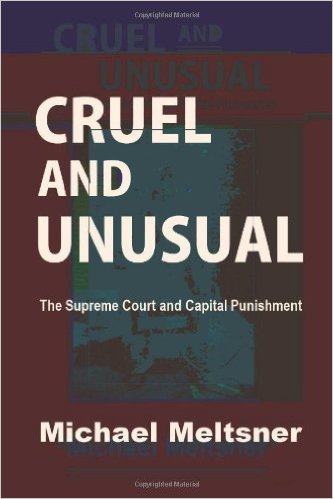 1) Cruel and Unusual, by Michael Meltsner
1) Cruel and Unusual, by Michael Meltsner
“This is the story of the litigation campaign that led up to the landmark victory of Furman v. Georgia (1972), which abolished the death penalty as it was then practiced in the U.S. (though the Court would revive the death penalty just four years later). Meltsner was one of the lawyers with the NAACP LDF that spearheaded the litigation.”
2) A Wild Justice, by Evan Mandery 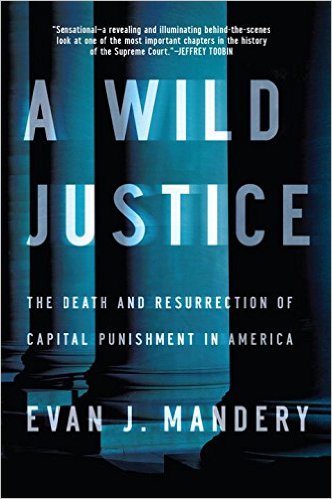
“This is a bookend to Meltsner’s account – Mandery uses the Justices papers to tell the story of Furman v. Georgia (1972) and Gregg v. Georgia (1976, along with its four companion cases) inside the Supreme Court. The judicial perspective is a terrific foil to the litigation perspective on the foundational constitutional litigation around the death penalty.”
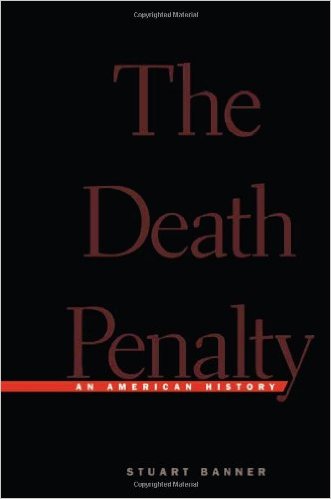 3) The Death Penalty: An American History, by Stuart Banner
3) The Death Penalty: An American History, by Stuart Banner
“Legal historian Stuart Banner presents a masterful account of the American death penalty from the colonial era to the 21st century.”
4) Peculiar Institution, by David Garland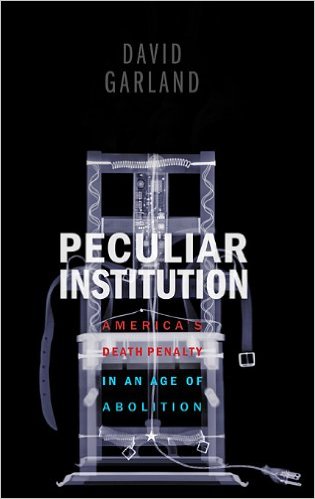
“This book provides a sociological perspective on the persistence and form of the modern American death penalty.”
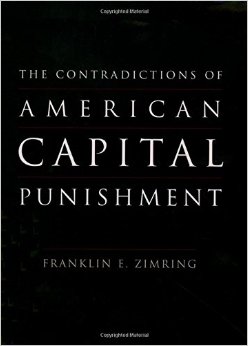 5) The Contradictions of American Capital Punishment, by Franklin Zimring
5) The Contradictions of American Capital Punishment, by Franklin Zimring
“This book makes interesting and provocative associations between the pattern of modern-day executions and America’s shameful history of lynching a century ago.”